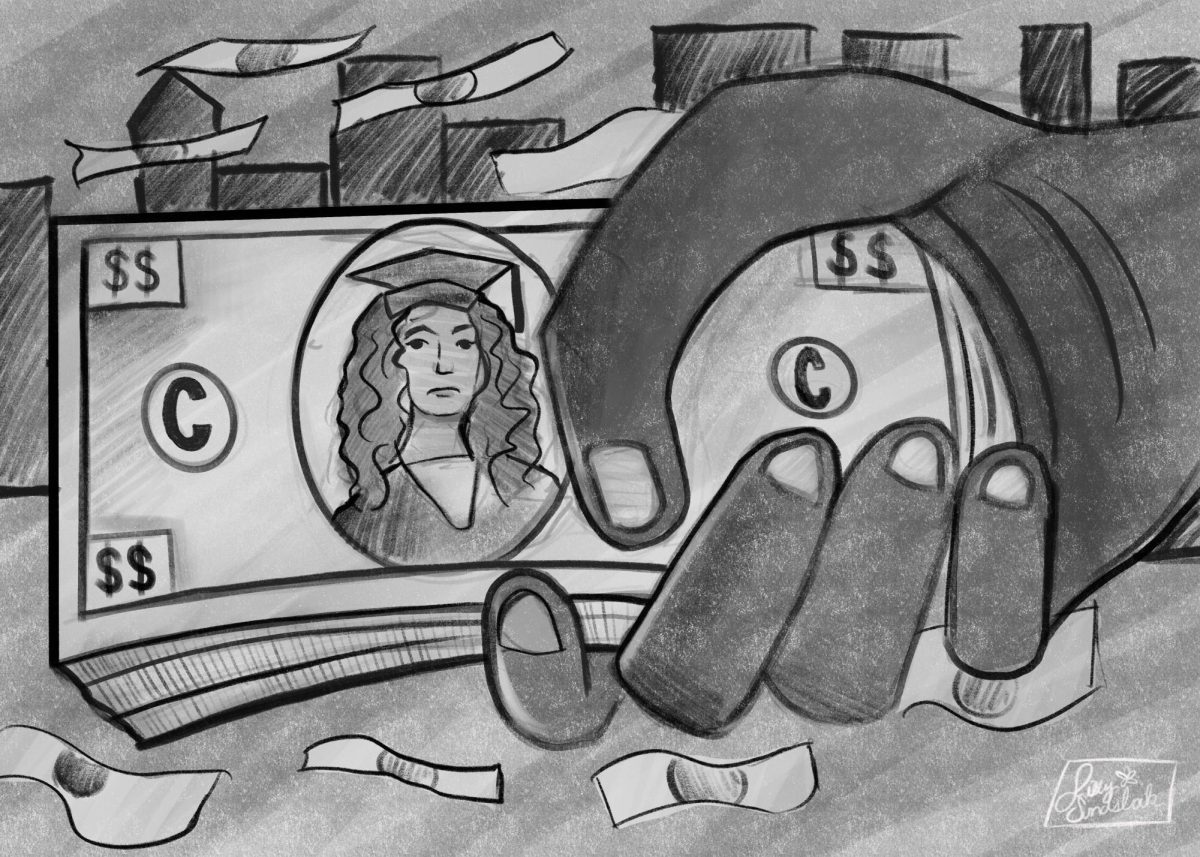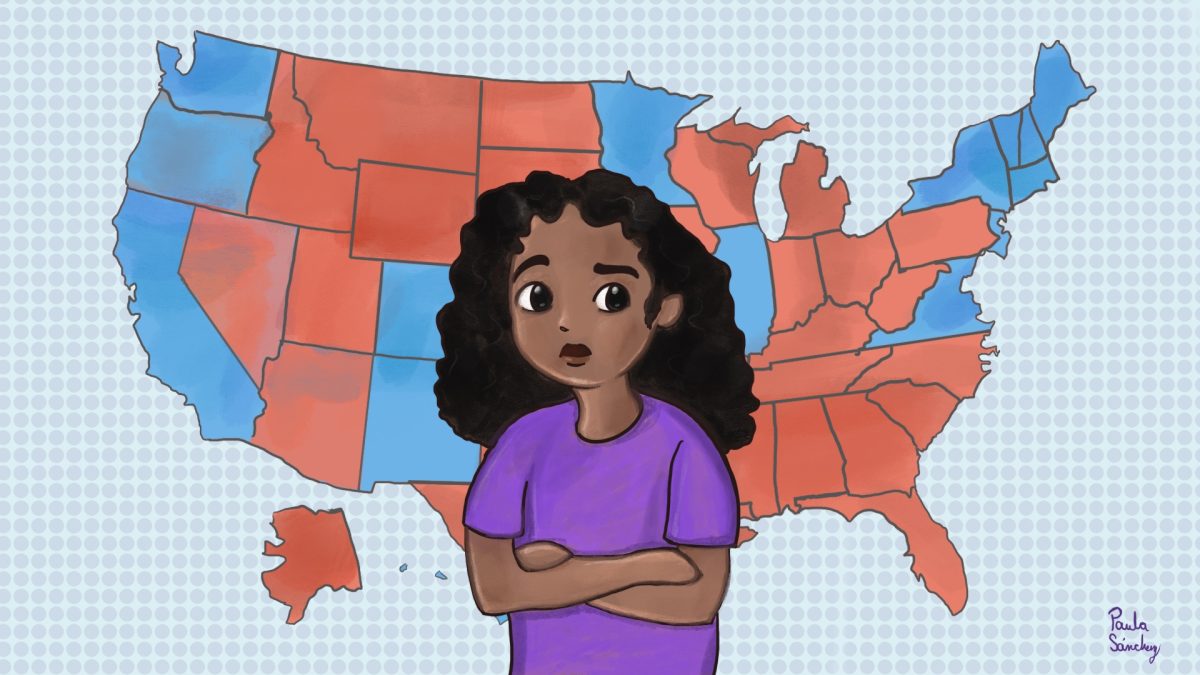Yes, the liberal arts are an essential part of a student’s holistic college educational experience. However, there needs to be a college for that experience to occur. Without recognizing that the “Columbia boat is sinking” and taking necessary steps, to be ironed out between faculty and the administration to keep it afloat is to act like those existing in Plato’s allegory of the cave not facing reality.
The poet E. E. Cummings urges us to “‘rage, rage, rage against the dying of the light.” No matter how cogently my former Humanities, History and Social Sciences Department colleagues have stated the case for the liberal arts not to be viewed as anything less than essential in Columbia’s future, the reality is that cuts in faculty are going to occur.
There came a time in the early 1970s when the college could not meet payroll. So all top administrators, including President Mirron “Mike” Alexandroff and myself, agreed not to receive their pay for the next two pay periods to bridge the gap between income and expenditures. There also came the time when Columbia was literally facing bankruptcy. So, Jacob Caref, of the Building and Grounds Department, cashed in his life insurance policy and provided the funds to the college to weather the crisis.
In the spirit of faculty being in the Columbia venture together, full-time faculty in all departments volunteer to make a one-time contribution of 10% of their yearly salary to a faculty fund, the proceeds of which are to be distributed to those faculty dismissed to help them pay their bills while seeking other employment. Or senior faculty who have been employed at Columbia for 25 years or more, earning a considerably higher salary than junior full-timers, either agree to take a 25% cut in pay, or work out with the college administration a leave package, thereby reducing the number of faculty cuts needed to be made.
President and CEO Kwang-Wu Kim and his team deserve a failing grade for unsuccessfully guiding the college through its years of declining enrollment financial challenges, thereby placing Columbia in an ominous financial and educational crisis. In light of this reality, all top administrators also volunteer to contribute to the fund in the amount of 10% of their salary. In the case of the president, who bears chief responsibility for the college’s present state of instability, and who has thrived financially due to his hefty salary and other benefits awarded to him during his presidency, a contribution on his part of 25% of his salary to the fund would be in order .
And now that the possibility exists that up 100 staff personnel will be let go to meet the budget, another fund must be set up for those workers with all top administrators volunteering to contribute 20% of their annual salary and Kim contributing 50% of his annual salary to that venture. During the president’s tenure at Columbia, he has repeatedly stressed ”we are a community.” Well that being so, community members take care of each other in challenging times as well as good times.
Such compassionate steps would not only be ethical and just, but also demonstrate by action in addition and word that Columbia’s stated mission to provide an educational opportunity in the arts, communications and public information within a context of an enlightened liberal education is a living document.
Louis Silverstein was awarded the title of distinguished professor of humanities, emeritus, in 2017. He taught at Columbia College for more than 50 years.
Submit an op-ed of no more than 850 words here or email editorialboard@columbiachronicle.com

















